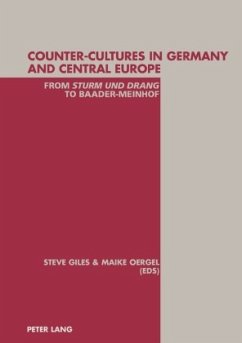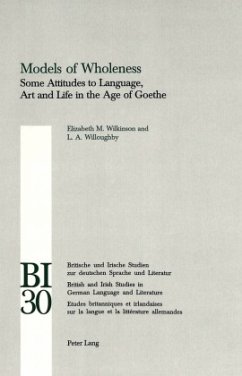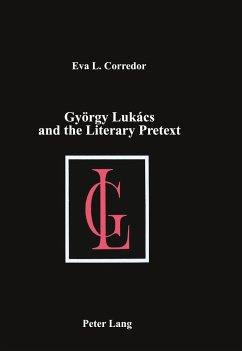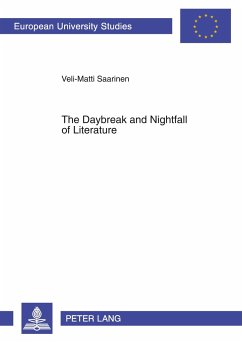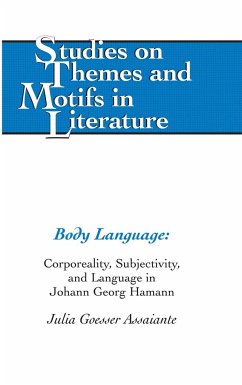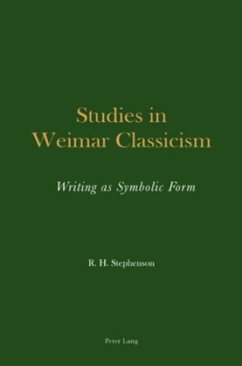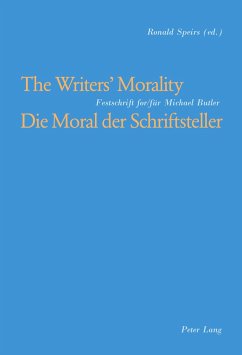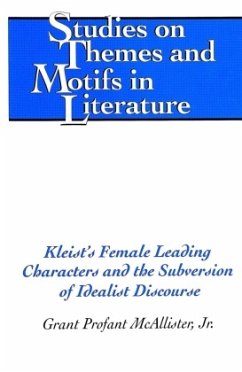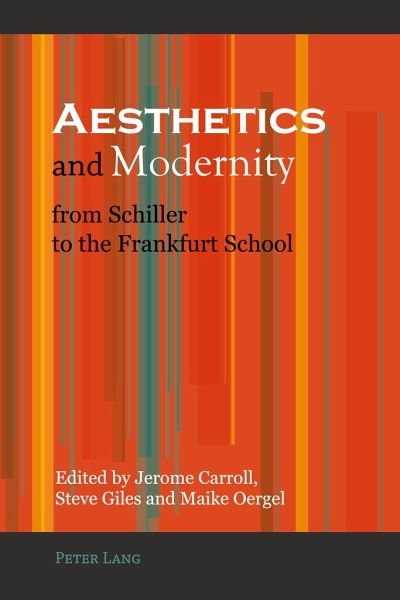
Aesthetics and Modernity from Schiller to the Frankfurt School
Versandkostenfrei!
Versandfertig in 6-10 Tagen
70,40 €
inkl. MwSt.

PAYBACK Punkte
0 °P sammeln!
The essays in this book investigate the complex and often contradictory relationships between aesthetics and modernity from the late Enlightenment in the 1790s to the Frankfurt School in the 1960s and engage with the classic German tradition of socio-cultural and aesthetic theory that extends from Friedrich Schiller to Theodor W. Adorno. While contemporary discussions in aesthetics are often dominated by abstract philosophical approaches, this book embeds aesthetic theory in broader social and cultural contexts and considers a wide range of artistic practices in literature, drama, music and vi...
The essays in this book investigate the complex and often contradictory relationships between aesthetics and modernity from the late Enlightenment in the 1790s to the Frankfurt School in the 1960s and engage with the classic German tradition of socio-cultural and aesthetic theory that extends from Friedrich Schiller to Theodor W. Adorno. While contemporary discussions in aesthetics are often dominated by abstract philosophical approaches, this book embeds aesthetic theory in broader social and cultural contexts and considers a wide range of artistic practices in literature, drama, music and visual arts. Contributions include research on Schiller's writings and his work in relation to moral sentimentalism, Romantic aesthetics, Friedrich Schlegel, Beethoven, Huizinga and Greenberg; philosophers such as Kierkegaard, Benjamin, Heidegger and Adorno; and thematic approaches to Darwinism and Naturalism, modern tragedy, postmodern realism and philosophical anthropology from the eighteenth century to the present day. This book is based on papers given at an international symposium held under the auspices of the University of Nottingham at the Institute of German and Romance Studies, London, in September 2009.





